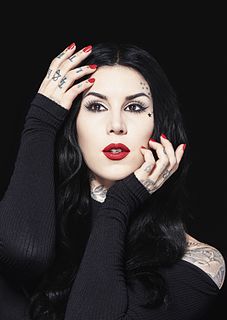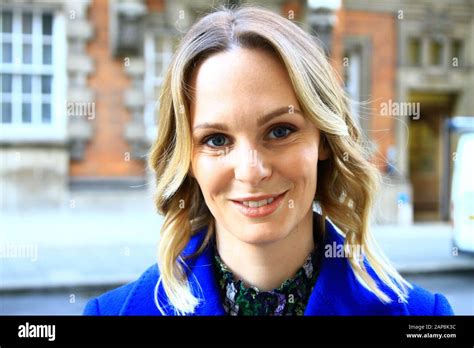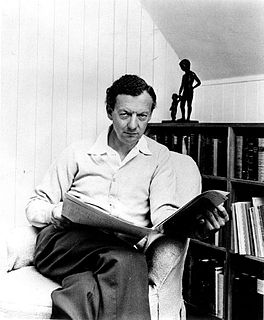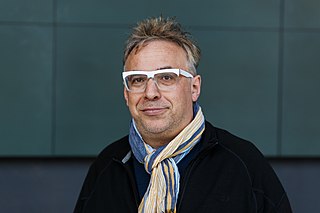A Quote by Susan Sontag
The camera can be lenient; it is can also expert at being cruel. But its cruelty only produces another kind of beauty, according to the surrealist preferences which rule photographic taste.
Related Quotes
A kind Providence has placed in our breasts a hatred of the unjust and cruel, in order that we may preserve ourselves from cruelty and injustice. They who bear cruelty, are accomplices in it. The pretended gentleness which excludes that charitable rancour, produces an indifference which is half an approbation. They never will love where they ought to love, who do not hate where they ought to hate.
You can be good for the mere sake of goodness; you cannot be bad for the mere sake of badness. You can do a kind action when you are not feeling kind and when it gives you no pleasure, simply because kindness is right; but no one ever did a cruel action simply because cruelty is wrong - only because cruelty is pleasant or useful to him, In other words, badness cannot succeed even in being bad in the same way in which goodness is good. Goodness is, so to speak, itself: badness is only spoiled goodness. And there must be something good first before it can be spoiled.
The most refined skills of color printing, the intricate techniques of wide-angle photography, provide us pictures of trivia bigger and more real than life. We forget that we see trivia and notice only that the reproduction is so good. Man fulfils his dream and by photographic magic produces a precise image of the Grand Canyon. The result is not that he adores nature or beauty the more. Instead he adores his camera - and himself.
There is no point in developing anything at the cost of exploiting and abusing animals. Not only is it important for me to create a 100% cruelty-free brand but also send out a very clear message to both consumers and companies out there: testing on animals in the name of beauty is cruel and unnecessary.
A text makes the word more specific. It really kind of defines it within the context in which it is being used. If it is just taken out of a context and presented as a sort of object, which is what - you know, which is a contemporary art idea, you know. It is like an old surrealist idea or an old cubist idea to take something out of context and put it in a completely different context. And it sort of gives it a different meaning and creates another world, another kind of world in which we enter.
My concern today is with the painting of manners of the present. The past is interesting not only by reason of the beauty which could be distilled from it by those artists for whom it was the present, but also precisely because it is the past, for its historical value. It is the same with the present. The pleasure which we derive from the representation of the present is due not only to the beauty with which it can be invested, but also to its essential quality of being present
We manage to swallow flesh only because we do not think of the cruel and sinful thing that we do. There are many crimes which are the creation of man himself, the wrongfulness of which is put down to their divergence from habit, custom, or tradition. But cruelty is not of these. It is a fundamental sin, and admits of no argument or nice distinctions. If only we do not allow our heart to grow callous, its protest against cruelty is always clearly heard; and yet we go on perpetrating cruelties easily, merrily, all of us - in fact, anyone who does not join in is dubbed a crank.
... what is faked [by the computerization of image-making], of course, is not reality, but photographic reality, reality as seen by the camera lens. In other words, what computer graphics have (almost) achieved is not realism, but rather only photorealism - the ability to fake not our perceptual and bodily experience of reality but only its photographic image.
Even the song of birds, which we can bring under no musical rule, seems to have more freedom, and therefore more for taste, than a song of a human being which is produced in accordance with all the rules of music; for we very much sooner weary of the latter, if it is repeated often and at length. Here, however, we probably confuse our participation in the mirth of a little creature that we love, with the beauty of its song; for if this were exactly imitated by man (as sometimes the notes of the nightingale are) it would seem to our ear quite devoid of taste.


































